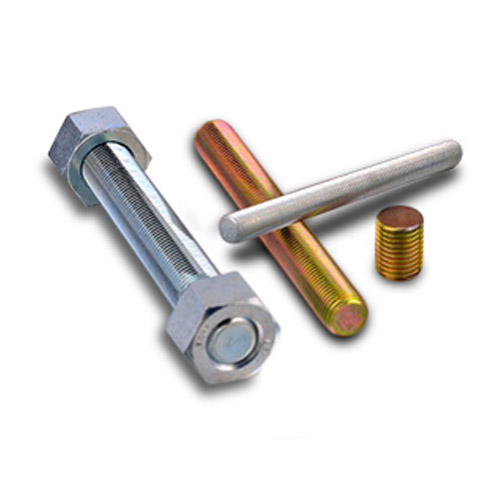Nov . 17, 2024 09:32 Back to list
door screws
Understanding Door Screws A Key Component in Door Hardware
When it comes to ensuring the security, stability, and functionality of doors in our homes and businesses, one often-overlooked component is the humble door screw. These small yet vital pieces of hardware play a crucial role in the overall performance of door mechanisms, which include hinges, locks, and strike plates. In this article, we will delve into the types, uses, and benefits of door screws, outlining why they deserve more attention than they typically receive.
Types of Door Screws
Door screws come in a variety of shapes, sizes, and materials, each designed for specific applications. The most common types include
1. Hinge Screws These screws attach the door hinge to both the door itself and the door frame. Ensuring that hinge screws are the right length and material is essential for maintaining the weight and operation of the door. Typically, they are made from stainless steel to prevent rusting, particularly in damp environments.
2. Lock Screws Used to install locks securely, these screws must provide strong support to withstand daily use and potential forced entry. They come in various sizes depending on the type of lock, and the material is often metal for added strength.
3. Strike Plate Screws These screws secure the strike plate to the door frame, helping to keep the door aligned. A solid connection here helps prevent the door from sagging or misaligning over time.
4. Screws for Accessories These include screws for door closers, latch bolts, and additional door hardware. Depending on the application, they can vary in length and gauge, so it’s important to select the right type to maintain the door's integrity.
Material Matters
door screws

The material of the screws is as crucial as the type. Common materials include
- Zinc-Coated Steel This type offers a good balance of strength and corrosion resistance, making it suitable for indoor applications. - Stainless Steel Perfect for outdoor or moist environments, stainless steel screws resist rust and corrosion, ensuring longevity and durability. - Brass Though less common, brass screws are often used for aesthetic purposes in decorative areas (like antique or specialty doors) because of their appealing finish.
Installation Best Practices
For optimal performance, proper installation of door screws is paramount. Here are a few best practices
- Pre-drilling When using wood screws, pre-drilling the holes can prevent the wood from splitting, particularly in hard or dense materials. - Torque Settings Be gentle when tightening screws; excessive force can strip the threads or damage the material, leading to a weakened connection. - Regular Checks Periodically check door screws for tightness and signs of wear. This maintenance will prevent doors from becoming loose or misaligned, enhancing both their appearance and functionality.
Importance of Quality Screws
High-quality door screws may come at a slightly higher initial expense, but they offer significant long-term benefits. Cheaper screws might bend, strip, or rust prematurely, leading to frequent replacements and potential security risks. Investing in quality materials ensures that the door systems remain robust over time, thereby enhancing security and durability.
Conclusion
Though small and often overlooked, door screws are fundamental to the functionality and longevity of doors. By understanding their types, materials, and installation practices, homeowners and contractors can make informed choices that enhance the security and performance of doors in any building. From residential front doors to commercial entries, selecting the right screws and ensuring proper installation can make all the difference in how well a door functions and how secure it remains. Consider not just the doors themselves, but also the crucial screws that keep them in place. Investing time and resources into this aspect of door hardware is an investment in efficiency, safety, and peace of mind.


